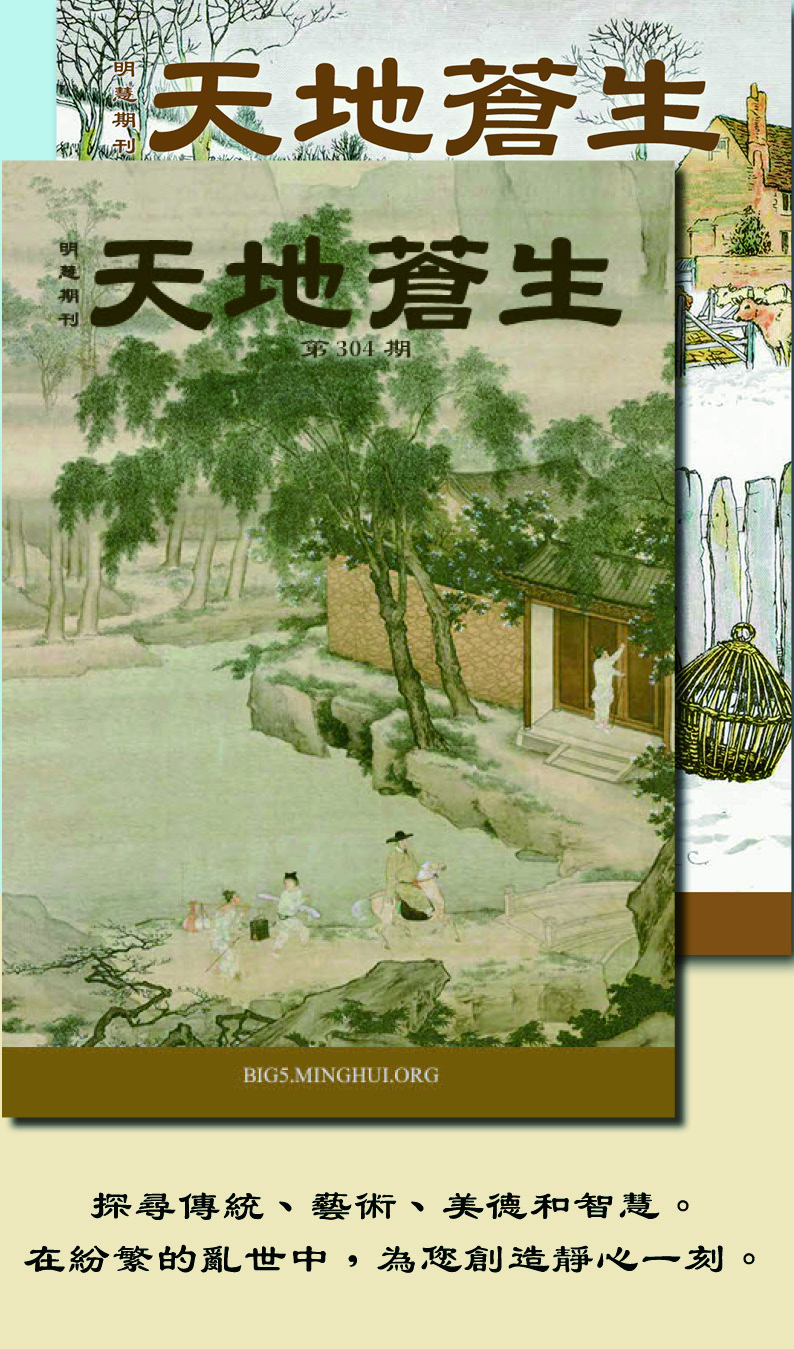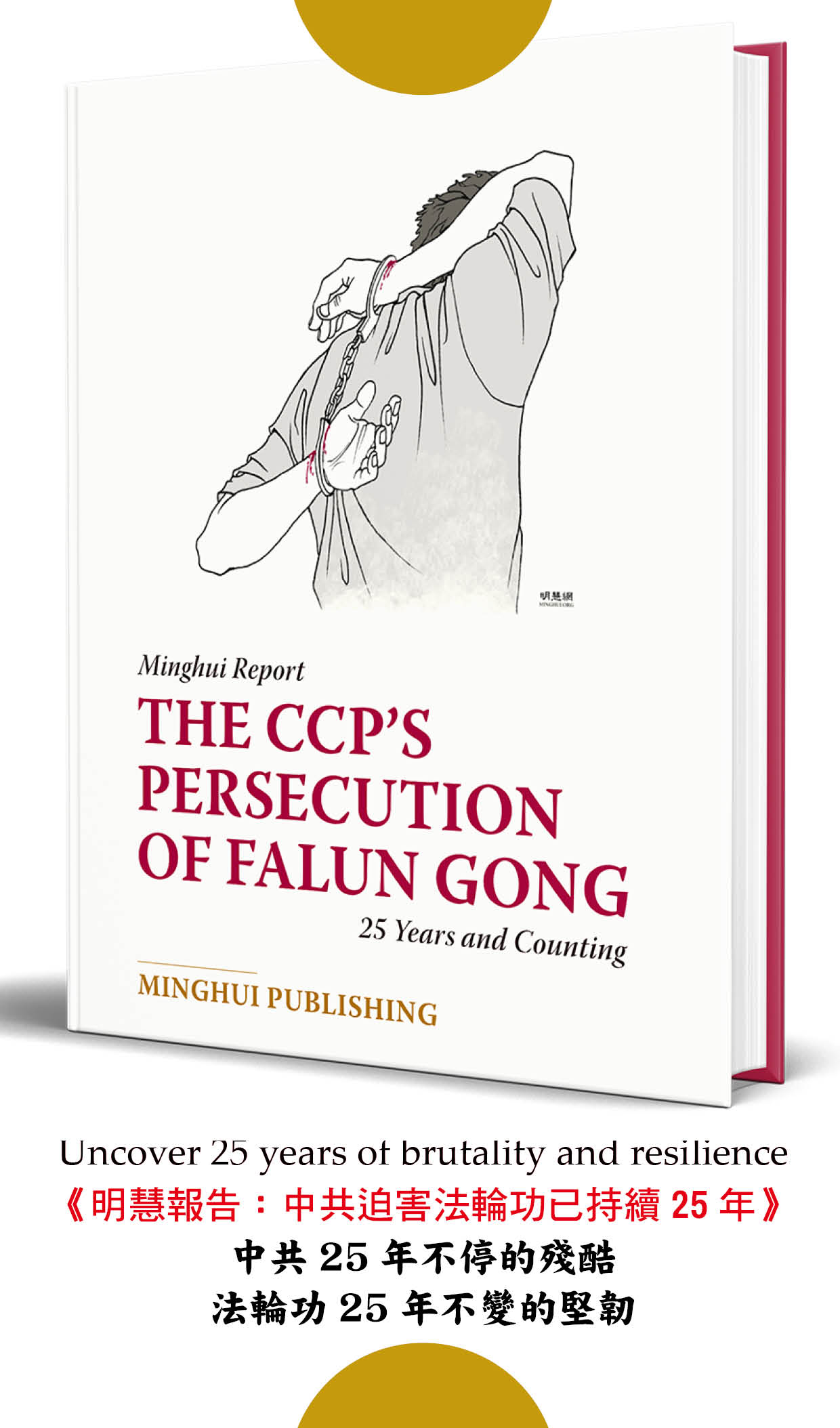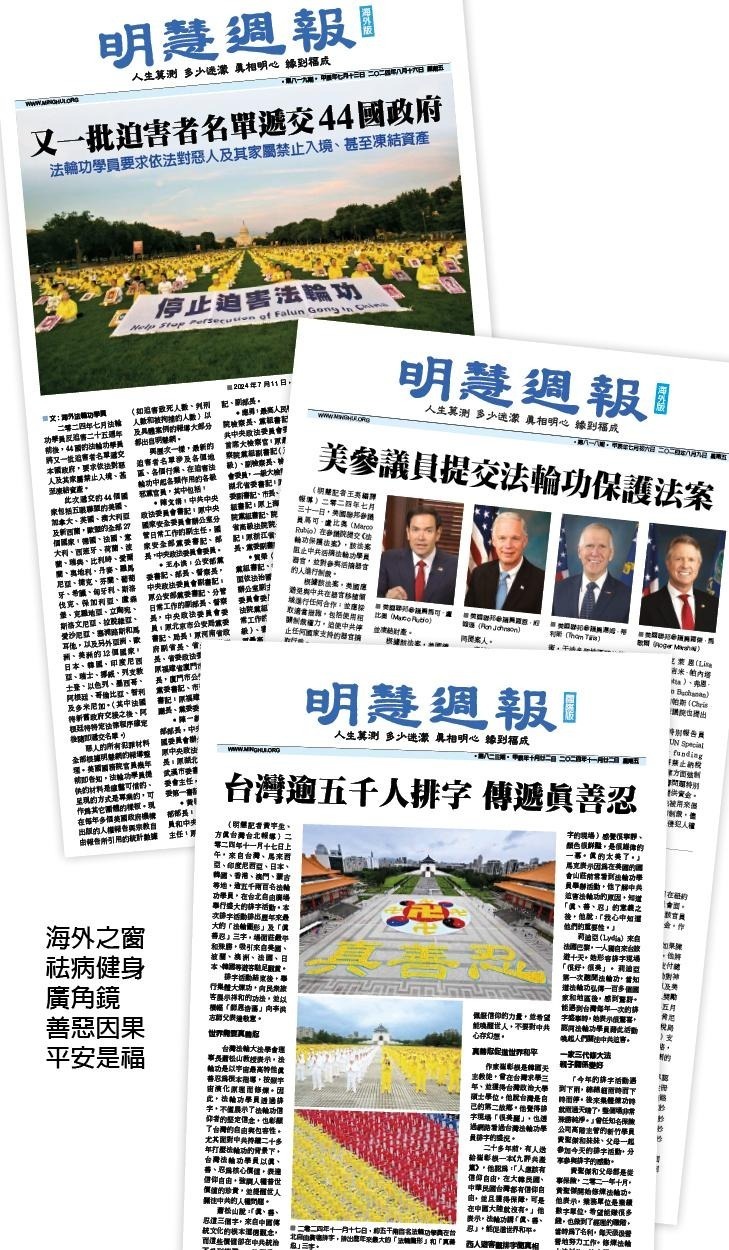丹麥大赦國際秘書長給議會和政府的信
議會和政府哥本哈根
2000年3月20日
在過去的兩年裏中國的人權狀況已明顯惡化。中國人民去年所經歷的鎮壓是自1989年天安門廣場鎮壓學生示威以來最惡劣的。中國當局於1999年7月禁止法輪功運動以來,對法輪功追隨者的嚴重迫害格外引人注目。國際特赦已記錄若干起虐待被捕的該運動成員案件,包括一名42歲的婦女在獄中被打死。中國統治者在修訂的《刑法》中有關國家安全方面已開始用非常嚴厲的措施壓製那些行使基本的集會和言論自由的人。
(關於新疆的人權問題,有刪節)
鎮壓也影響了更大範圍的中國社會,今天它不僅影響到政治對手和宗教圈及少數民族,也影響到觸及工作狀況,環境及社會問題的公民。
(關於新疆、西藏的人權問題,有刪節)
最近兩年中國的事態的發展使人對中國1997年簽署聯合國「社會、經濟和文化權力」,以及1998年簽署的「公民和政治權力」兩個主要公約的誠意提出質疑。撇開嚴重違反人權的問題,這種狀況也使得歐盟及其它同中國當局的對話變得艱難。中國當局顯然已精確地預計到了國際的批評已經定型了,隨即回覆到對任何和平的和非暴力的改造社會者的廣泛鎮壓。
在1999年初中國政府回覆到它的詭辯,聲稱對中國人權狀況的批評干涉中國內政。這是一個明顯與人權公約準則相抵觸的聲明。1999年國際特赦已要求歐洲重新考慮其和中國的幕後對話。國際特赦支持與中國的對話。但是對話和施壓一定要並行,以達到狀況的改善。現在各國與中國對話都失敗了,包括歐盟和中國的對話,突出表現為缺乏明確的目標和透明度,參與者是一個非常封閉的小圈子,沒有令人信服的誠意,因此,毫不奇怪,中國人權缺乏實質性的進步。
和1997年一樣,1998年沒有提出譴責中國的決議,當時的論據是中國有了進步,然而這種作法顯然是無效的。
所以丹麥政府應恢復作為對1997年聯合國人權委員會做出貢獻的標誌的實質性的批評。那時丹麥是人權委員會的成員。今天丹麥不是。但是在3月20日至4月28日的人權委員會第56次集會上,對丹麥政府的期待應是這樣的:
丹麥政府應公開明確表示支持對中國的決議。
丹麥政府應積極尋求歐盟的決定以支持決議,也就是說聯絡其它支持決議的歐盟政府,並與之合作。
丹麥政府應利用其對委員會成員國的影響以獲得對決議的支持。
丹麥政府應要求與中國政府的繼續對話必須有清晰和廣為人知的目的,一個時間表,對內容更公開的報導,雙方更廣泛的參與,以及更好地配合其它國家(美國,加拿大和澳大利亞)與中國的對話。
如該信所述,我們應要求丹麥議會的各黨派表達他們對中國人權狀況的決議的支持,並告知政府議會對這項決議的動議積極支持的期許。
最好的祝願,
Lars Normann Jogensen 丹麥大赦國際秘書長
Parliament (Folketinget) and Government Copenhagen
20th march 2000 (Translated from Danish)
The Human Rights situation in China has markedly deteriorated during the latest two years. The suppression of the Chinese people has during the last year been the worst since the crack down of the student demonstrations at the Tian An Men square in 1989. Not the least the persecution of the adherents of the Falun Gong movement has been very conspicuous, since the Chinese authorities banned the movement in July 1999. Amnesty International has documented a number of cases about the mistreatment of the arrested adherents of the movement, here under about a 42 year old woman that was beaten to death in the prison. The Chinese rulers also has began to employ the very rigid measures pertaining to the national security in the revised Criminal Law to suppress persons, which also are making use of the all elementary freedom of expression and freedom of organization.
A week ago the Amnesty International received information that a known and active business woman, Rebiya Kadeer, on March 9 this year received a sentence of eight years of prison during a secret procedure. She was arrested on August 11, 1999 on her way to a meeting with a delegation from US Congressional Research Service. Thereupon she was accused of delivering state secrets to foreigners. Her health condition is very poor because of the detainment in the Liudaowan prison, known for torture and mistreatment of detained. Amnesty regards her as prison of conscience, and demands her released immediately and without conditions.
The suppression affects also much broader parts of the Chinese society, as today it not only affects the political opposition, together with religious circles and ethnic minorities, but also citizens, which takes hands of working conditions, environments and social problems.
The latest years there has also been a strike down on presumed Uighur nationalists and autonomy Muslim leaders in the Xinjiang Uighur Autonomy Region (XUAR). The ethnic stir and thereby also the suppression is expected to increase because of the wear down of the economical and cultural rights in XUAR, hereby there is also arised great unemployment.
From Tibet there are continuos reports of torture and death in prisons among prisoners of conscience, together with continuos patriotic "education", which also comprises Tibetan monasteries. Sometimes monasteries are closed down and "unpatriotic" monks and nuns are expelled. Also Christian groups are persecuted.
The latest two-tree years development in China is questioning the seriousness of the Chinese governments signing of the two major UN conventions on social, economical and cultural rights in 1997 and the citizens and political rights in 1998. Apart from the issue of serious violations of human rights, this development is also affecting the EU dialog, and the other dialog processes with the Chinese authorities, very hard. The Chinese authorities has obviously calculated, that the international criticism has been framed securely and thereupon reverted to massive suppression of anybody peacefully and non-violent working on changes of society.
At the beginning of 1999 the Chinese government also reverted to its rhetoric insisting that the criticism of the human rights situation in China was a misplaced interference in the internal affairs of China. A statement in clear conflict with the principles oft human rights conventions. Already in 1999 the Amnesty International requested the EU to reconsider its dialog behind closed doors. Amnesty supports dialog with China. But dialog and pressure must go hand in hand, if improvements of conditions shall be obtained. The now failed dialog with among others the EU and the Chinese government was signified by absence of clear goals and transparency, a very closed circle of participants, unconvincing seriousness and not surprising, absence of concrete progress for human rights in China.
The improvements called on in 1998 as argument for not proposing a resolution according to that in 1997, all appeared futile.
Therefore the Danish government ought to resume the active criticism, that characterized the contribution at the UN human rights commission in 1997. At that time Denmark was a member of the human rights commission. So is not Denmark today. But the expectations to the Danish government in connection with the 56th assembly of the human rights commission 20th march 28th April 2000 must be that:
the Danish government gives a clear expression in public for its support of a resolution on China.
the Danish government actively is working for an EU decision to support a resolution, i.e. make contact with and co-operates with the other EU governments that supports a resolution.
the Danish government makes use of its influence on third countries, which are members of the commission to gain support of the resolution.
the Danish government makes requirements that a continued dialog with the Chinese government must have clear and known purposes, a time schedule, a more open reporting on the contents, broader participation from both sides, together with better co-ordinating with the other dialogs with China (USA, Canada and Australia).
As of this letter we shall request the parties of the Danish parliament (Folketinget) to express their support of a resolution on the human rights situation in China and notify to the government the expectation that it actively back up upon the motion of such a resolution.
Best Regards
Lars Normann Jogensen
General Secretary of AI in Denmark




















